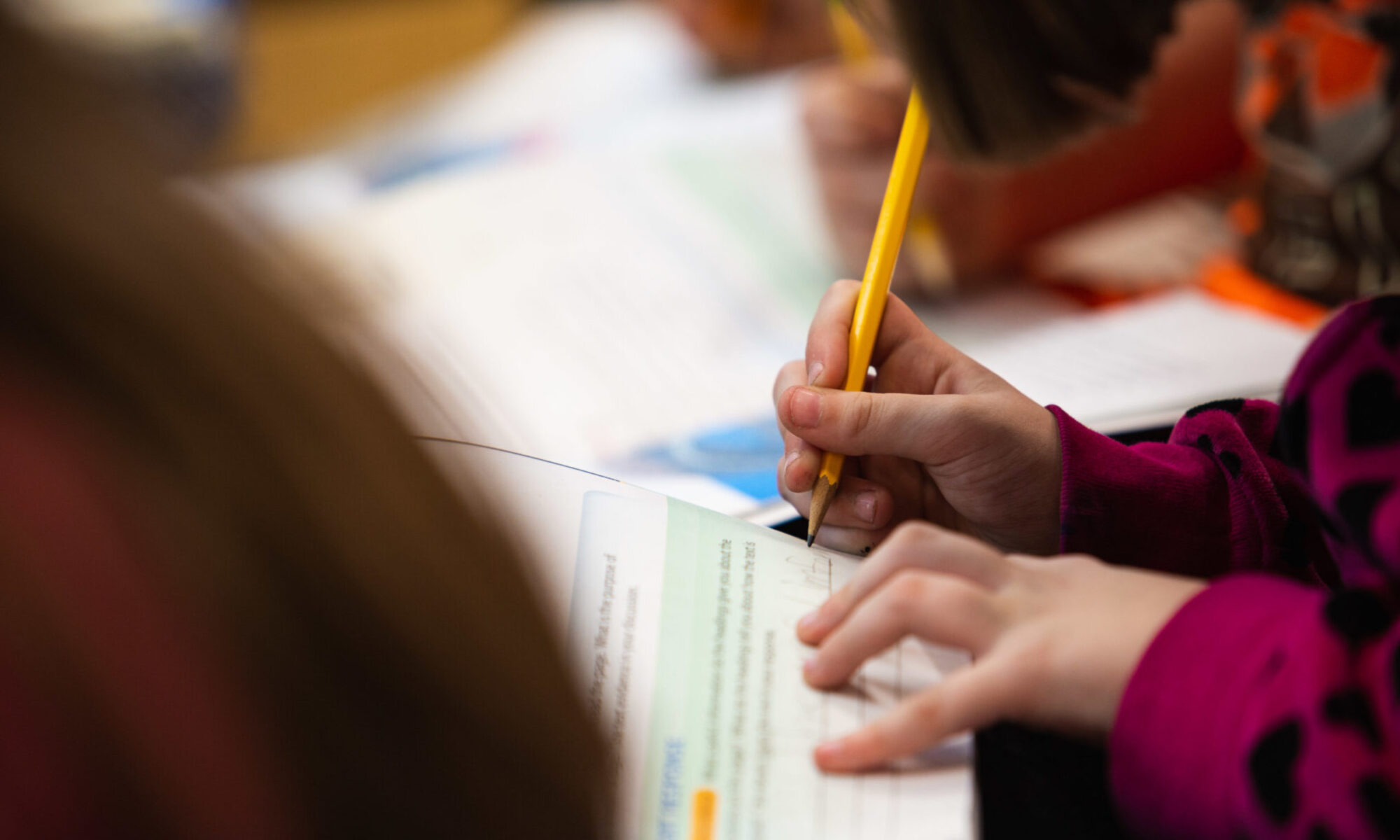By Tyler Pointer
February 12, 2025

The Journal of Teacher Education (JTE), the official journal of AACTE, has been a leading voice in the field of teacher preparation for 75 years and is one of the most widely read professional journals in the field. JTE’s five peer-reviewed issues per volume year contain thematic and general interest articles as well as editorials and commentaries.
In “Preservice Teachers’ Conceptualizations of Equity and Equality: Tensions Between Technical and Humanizing Approaches,” an open-access article from January 2025, writers and researchers Michelle Kwok, Eleanor Su-Keene, and Ambyr Rios write about conceptualizing equity in the current sociopolitical context, and how despite decades of theorizing, scholars do not agree on what “equity” and “equality” mean.
“Traditionally, preservice teachers (PSTs) have been introduced and socialized to a cartoon of three children attempting to watch a baseball game as the prevailing definition of equity. Yet, in our sociopolitical context where Black, Brown, and LGBTQ+ children are continuously marginalized, we critique whether this simple construction of equity is sufficient,” the authors wrote.
In this article, the authors discuss their research methods, including a large-scale qualitative study that uses data from 2022 and 2024 and 1,528 PST responses about conceptualizing equity and equality. This data is especially relevant in today’s post-pandemic educational landscape, as PSTs are being prepared differently than they were five years ago.
“In our current time, it is critical to encapsulate a humanist perspective in the conceptualization of equity. This is not to seek replacement of other conceptualizations per se, but rather a grounding of equity for education, not schooling (Pritchett, 2013). Through their educational censorship efforts, states and districts signal to students that their humanity, or the ability to be their whole selves, is being denied. In addition, these censorship efforts deny students the right to learn about differences, nuances, and the beauty of humanity outside of their own experiences,” the authors wrote.
Readers can learn more about the research methods, the findings, and how equity and equality are evolving in this open-access article on JTE’s website.
Interested in reading more articles on JTE? Visit the JTE resource page of the AACTE website to learn how to access or get signed up.
